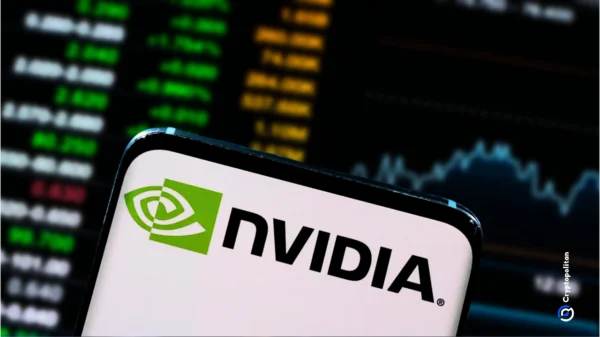The United Arab Emirates has introduced a significant regulatory shift affecting Bitcoin and related services through a new Central Bank law, which was published in the Official Gazette and became effective on September 16, 2025. This regulatory change, often referred to as a “Bitcoin ban” in the media, does not explicitly prevent individuals from owning Bitcoin or utilizing private wallets for personal transactions.
The Federal Decree‐Law No. 6 of 2025 replaces the previous banking statute from 2018 and greatly enhances the Central Bank”s authority over digital asset infrastructure. This law imposes new licensing criteria that encompass a wide array of crypto-related tools and services. Millom Ohtamaa, co-founder of Trading Protocol, expressed concerns on social media, stating, “I have bad news for all crypto habibis in Dubai, it”s real.”
Under Article 62 of the new law, the Central Bank has been granted the power to regulate not only traditional financial institutions but also tech providers involved in activities related to Bitcoin, including self-custodial wallets, blockchain explorers, analytics platforms, application programming interfaces (APIs), and decentralized protocols that “engage in, offer, issue, or facilitate” financial activities.
Ohtamaa highlighted that promoting or advertising unlicensed crypto services through various channels, including websites and social media, could be classified as regulated financial activity under this law. The legislation carries severe penalties for non-compliance. Article 170 stipulates that engaging in unlicensed financial activities, including facilitation through technology, may result in imprisonment and fines ranging from AED 50,000 to AED 500 million, which is approximately equivalent to US$136 million.
Throughout recent years, the UAE has aimed to establish itself as a global center for blockchain innovation, fostering crypto-friendly licensing frameworks in financial free zones like VARA in Dubai and the Abu Dhabi Global Market (ADGM). However, the broad and vague language of the new law has ignited concerns that the previously favorable environment for cryptocurrencies in the UAE may transition towards a more centralized regulatory approach.
The Central Bank”s new law applies nationwide, including in regions that previously enjoyed lenient regulations, raising uncertainty about whether developers, exchanges, and wallet providers will continue to serve users in the UAE or withdraw to mitigate compliance risks. Entities have a one-year period from the law”s effective date to adhere to the new licensing demands.
On a broader scale, regulatory trends indicate a tightening grip on digital assets globally. For instance, European regulators have announced plans to ban cash payments exceeding €10,000 and will require identification for all Bitcoin transactions starting in 2027.
In related news, SoFi Technologies has launched SoFi Crypto, marking the first instance of a federally chartered bank in the United States providing integrated cryptocurrency trading through its application. This service allows customers to buy, sell, and store various digital assets, with a strong emphasis on Bitcoin.
Moreover, central banks have shown increasing interest in Bitcoin. The Czech National Bank (CNB) has initiated a digital-asset portfolio with an allocation of $1 million across Bitcoin, a USD-pegged stablecoin, and a tokenized bank deposit, with plans to publish quarterly reports on its digital assets” performance and composition.
In Asia, both Taiwan”s Premier and Central Bank are evaluating Bitcoin as a potential strategic reserve asset, positioning Taiwan to potentially become the first nation in the region to test official Bitcoin reserves, ahead of Japan and South Korea. Additionally, in Europe, Germany”s Alternative for Germany (AfD) party has publicly advocated for a national Bitcoin reserve.
Market-wise, Bitcoin has recently experienced a decline, falling below $100,000 and currently trading at $95,670, reflecting a decrease of 5.95% over the past week. Analyst Ali Martinez noted that should BTC drop below $95,930, the next critical support levels are anticipated at $82,045 and $66,900.
As the regulatory landscape evolves, stakeholders in the Bitcoin space must navigate these new challenges while keeping an eye on global trends and developments.















































































